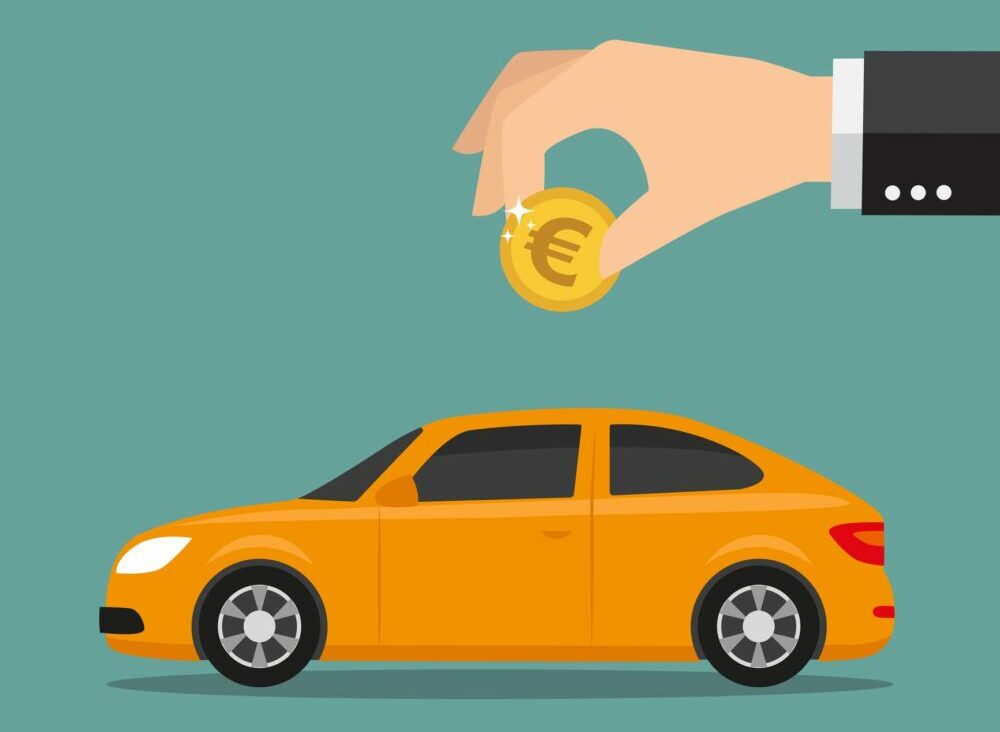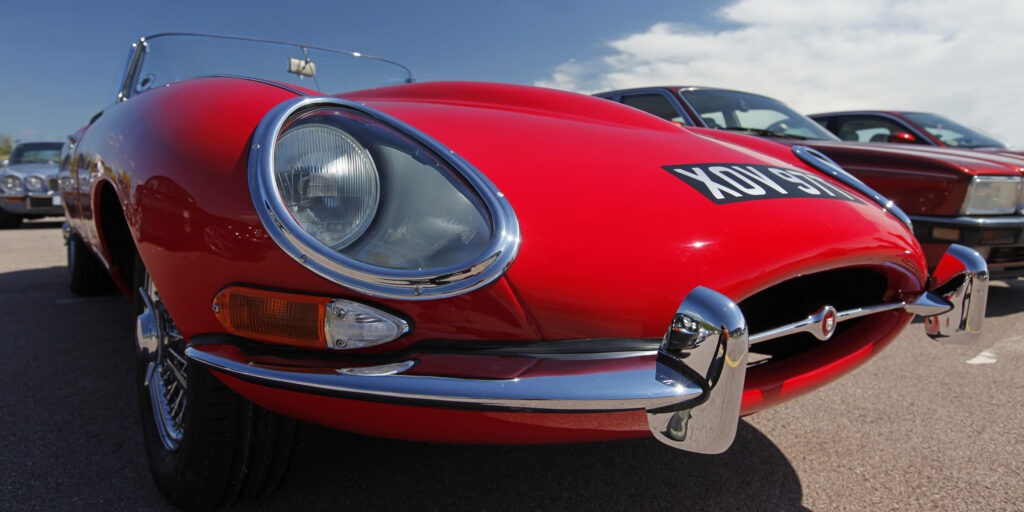Mercedes-Benz claims triple Wertmeister win in Germany
31 August 2023

Schwacke (part of Autovista Group) and Auto Bild have revealed the 2023 Wertmeister (residual value champions) of Germany’s car market. Now in its 20th year, the awards saw 9,700 different vehicles compete for recognition.
Covering 13 award segments, the title honours passenger cars with the most stable residual values (RVs) in Germany. This covers the models with the lowest forecast depreciation in absolute terms and as a percentage of retained list price (%RV).
‘In times of advancing digitalisation of sales and rapidly growing leasing shares, resale is playing an increasingly central role in the success or failure of a brand,’ said Thorsten Barg, managing director of Schwacke. ‘Residual value optimisation has thus long been a requirement for all manufacturers, with winning a Wertmeister award the icing on the cake.’
Mercedes-Benz repeats triple triumph
Mercedes-Benz enjoyed another triple win in 2023, after pulling off the same feat last year. The carmaker won in the ‘BEV over €40,000’ (net price), ‘luxury segment and ‘van’ categories.
With the highest overall %RV, the Mercedes-Benz V 250 d long 4Matic 9G-TRONIC, was also recognised as the vehicle with the most stable value across all classes. The van looks to retain 73% of its original list price in Germany, making it the only vehicle with a value loss of less than 30%.
Old acquaintances and debutants
Mercedes-Benz, Porsche and BMW, all claimed Wertmeister titles, but newer brands also enjoyed success. For example, Genesis made it into the top three in four award categories and claimed first place in the ‘luxury segment’ with the G80 2.5T AWD AT8.
There was also a lot of movement in the E-segment (executive models) compared to previous years, which highlights the high influx of new, valuable and future-proofed models. Meanwhile, the luxury and sports-car categories remained firmly in the hands of German carmakers.
Groups go for gold
Hyundai Motor Group not only secured a Wertmeister position with its Genesis brand but also managed to claim eleven top-three positions across the 13 award categories. Four of these were thanks to the Hyundai brand itself, another four were claimed by Genesis, and three were taken by Kia.
One example of the group’s success came with the Kia Rio. It posted the lowest absolute depreciation of just over €5,200 in the small cars category, meaning it took over from the Dacia Sandero, which claimed this victory last year.
Volkswagen (VW) Group managed to claim eight top-three positions across four of its brands. Alongside the Skoda Enyak and the Cupra Born, VW and Porsche appeared three times in the value ranking, with category wins for the ID.4 and 718 Boxster GTS 4.0 PDK.
No easy feat
The Wertmeister awards were held for the first time in 2004. Since then the categories have evolved, with the inclusion of electric vehicles in 2015.
Securing a top spot title is no easy feat, with models reviewed under an elaborate evaluation process. A forecast period of four years with average mileage for the segment serves as the basis for assessment.
Several hundred factors and parameters capable of influencing RVs are considered within the decision-making process. For example, alongside the model, the engine, equipment version and common optional extras also play a role.
A vehicle’s value retention is not only relevant in the leasing or financing sectors but can be a determining factor for private customers. Barg is convinced that RVs will continue to play a central role in the future of the automotive market.
‘Challenges during recent years have shown how the used car market is driven by external events. No one can predict how the market will be disrupted in the future, but we do know that the car market has changed and will continue to change fundamentally,’ he said.
‘However, one thing will endure despite all the changes, every car is used from the day it is registered new, and having the best possible knowledge of its present and future value is critical business intelligence,’ Barg concluded.



